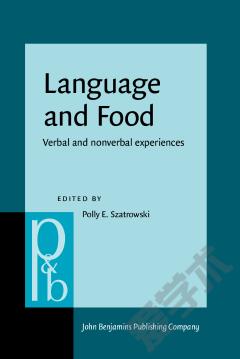Experience, Variation and Generalization. Learning a first language.
Are all children exposed to the same linguistic input, and do they follow the same route in acquisition? The answer is no: The language that children hear differs even within a social class or cultural setting, as do the paths individual children take. The linguistic signal itself is also variable, both within and across speakers - the same sound is different across words; the same speech act can be realized with different constructions. The challenge here is to explain, given their diversity of experience, how children arrive at similar generalizations about their first language. This volume brings together studies of phonology, morphology, and syntax in development, to present a new perspective on how experience and variation shape children's linguistic generalizations. The papers deal with variation in forms, learning processes, and speaker features, and assess the impact of variation on the mechanisms and outcomes of language learning.
{{comment.content}}








 京公网安备 11010802027623号
京公网安备 11010802027623号